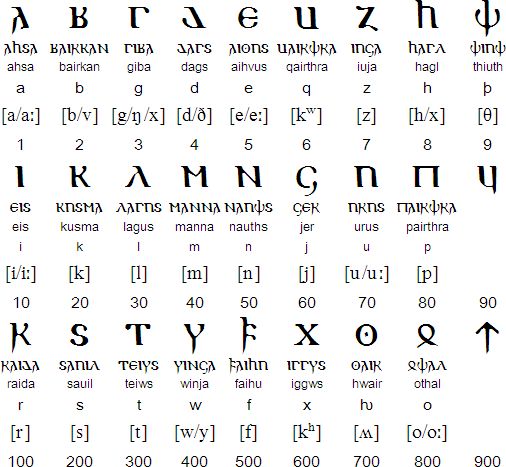Inspired by the last post, I thought I’d go through the last year’s worth of posts on Quora Product Updates, and check on their longevity.
- A New Answer Tab by Sherwin Wu on Quora Product Updates (2016–07–28). Still there.
- Improving the Reporting Experience by Elynn Lee on Quora Product Updates (2016–07–30). Since retracted.
- Elimination of Topic-Based Moderation by Jay Wacker on Quora Product Updates (2016–08–20). Retraction.
- Testing Changes to Adding Questions Anonymously by Riley Patterson on Quora Product Updates (2016–08–27). Test announcement.
- Answer Footer Policy Announcement by Jay Wacker on Quora Product Updates (2016–08–31). Policy announcement. Still applies, we think.
- Easier access to ‘Edit Answer’ and ‘Suggest Edits’ by Michael Ran Chen on Quora Product Updates (2016–09–08). Still there, although it briefly went missing.
- Announcing the New Policy on Question Topics by Jay Wacker on Quora Product Updates (2016–09–17). Policy announcement. Still applies, we think.
- New Comment Controls for Writers by Vanessa Tan on Quora Product Updates (2016–09–21). Still there.
- A New Way to See Answers from People You Follow by Elynn Lee on Quora Product Updates (2016–09–29). Since retracted.
- Removing Endorsements by Joel Lewenstein on Quora Product Updates (2016–10–29). Retraction.
- Improving Reading and Writing from Feeds by Elynn Lee on Quora Product Updates (2016–11–22). Some of this I think has been retracted, i.e. the greying out.
- Show your expertise with credentials by Jackson Mohsenin on Quora Product Updates (2016–12–06). Still there.
- Improving Anonymity at Quora by Riley Patterson on Quora Product Updates (2017–01–14). Announcement.
- Official Quora Chrome Extension Update: Ask Questions Easily by Sumi Kim on Quora Product Updates (2017–01–24). Presumably still there.
- Improving Bug Reporting on Mobile by Elynn Lee on Quora Product Updates (2017–01–27). I assume still there.
- Featured Comments by Kelvin Ho on Quora Product Updates (2017–02–02). Superseded two months later (with several months of random alternation).
- Upcoming Changes to Anonymity on Quora by Riley Patterson on Quora Product Updates (2017–02–10). Still there.
- Change to Most Viewed Writer by Joel Lewenstein on Quora Product Updates (2017–02–14). Retraction.
- Changes to Trending Topics by Abhinav Sharma on Quora Product Updates (2017–02–18). Retraction.
- Helping Writers Get the Perfect Question by Joel Lewenstein on Quora Product Updates (2017–02–28). Still there.
- Introducing Embedded Tweets by Elynn Lee on Quora Product Updates (2017–03–03). Still there.
- More Visibility for High-Quality Comments by Diana Gerr on Quora Product Updates (2017–03–31). Still there.
- Highlighting Connections Across Quora by Jackson Mohsenin on Quora Product Updates (2017–04–26). Since retracted.
- Removing Knowledge Prizes by Joel Lewenstein on Quora Product Updates (2017–04–28). Retraction.
- New Question Asking Experience on Mobile by Henry Modisett on Quora Product Updates (2017–05–03). Still there.
- Video on Quora by Tommy MacWilliam on Quora Product Updates (2017–05–16). Still there, I assume.
So: in one year,
- 26 posts.
- 4 are announcements.
- 12 are for features that are still in place.
- 6 are withdrawals of features.
- 4 are features that were since withdrawn, or superseded. (None reported explicitly.)


